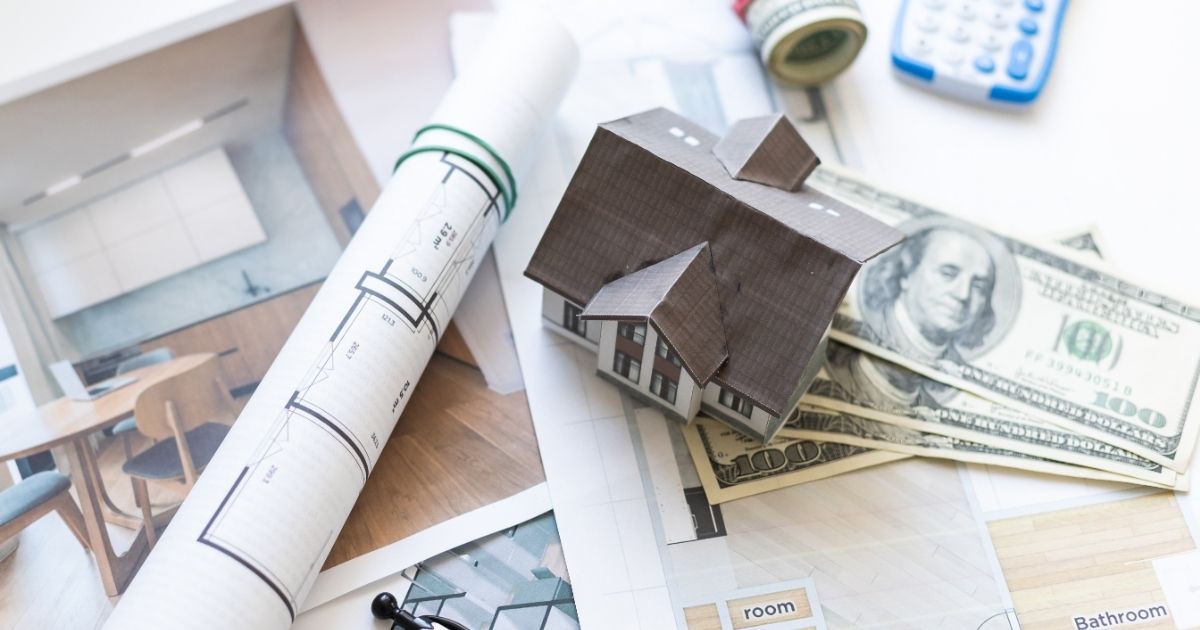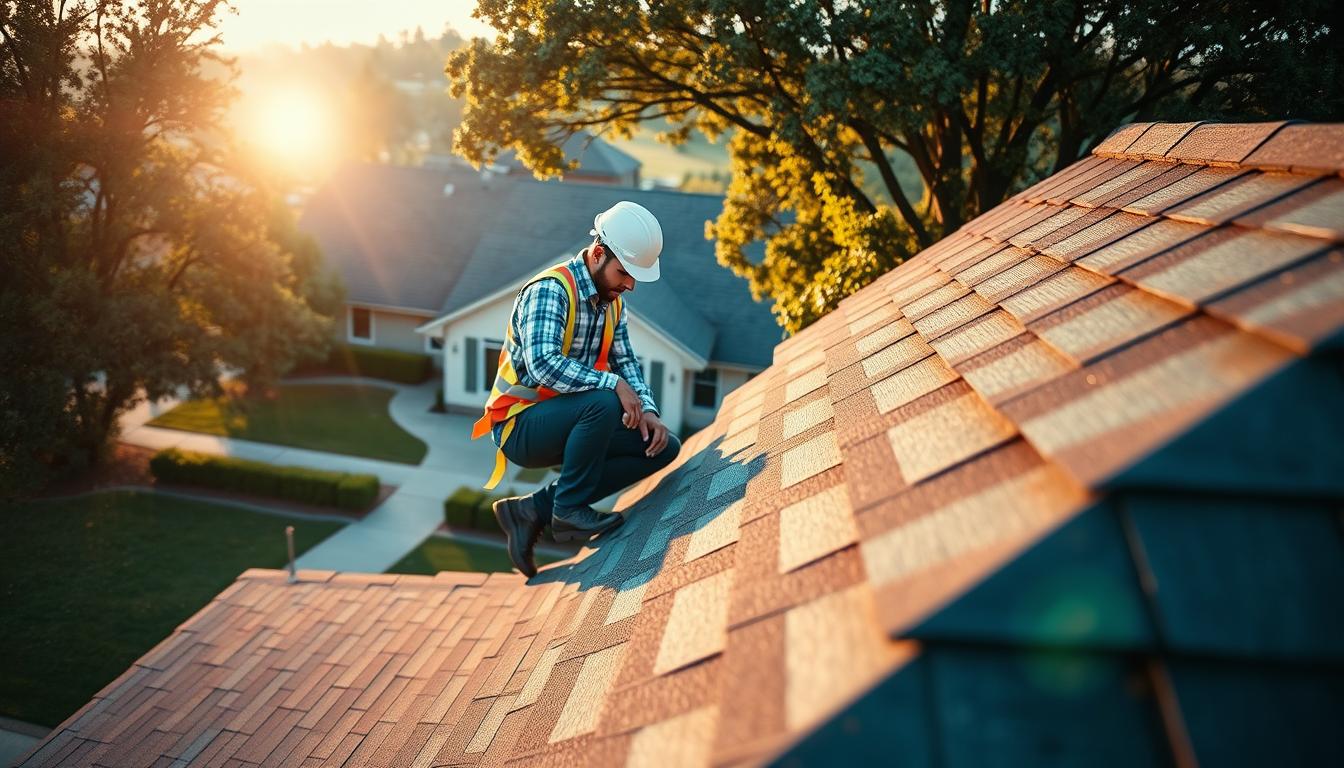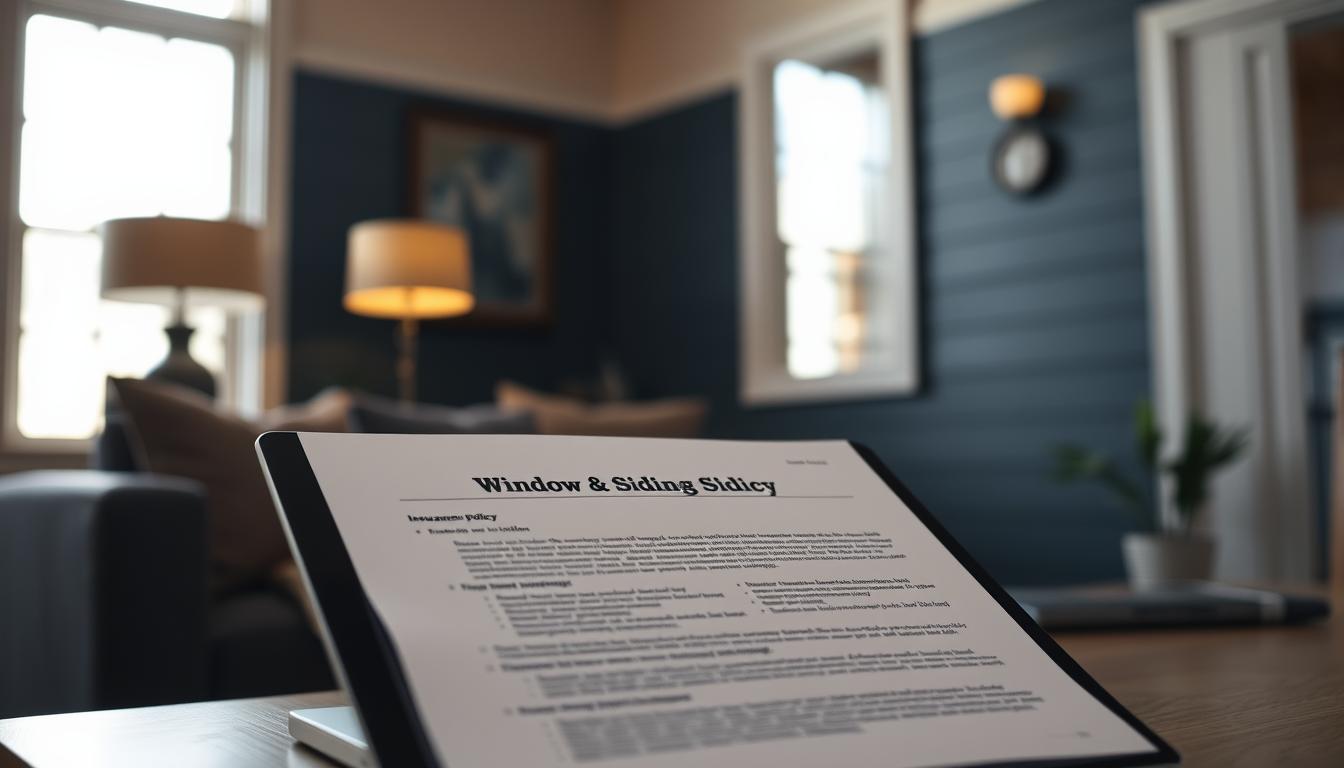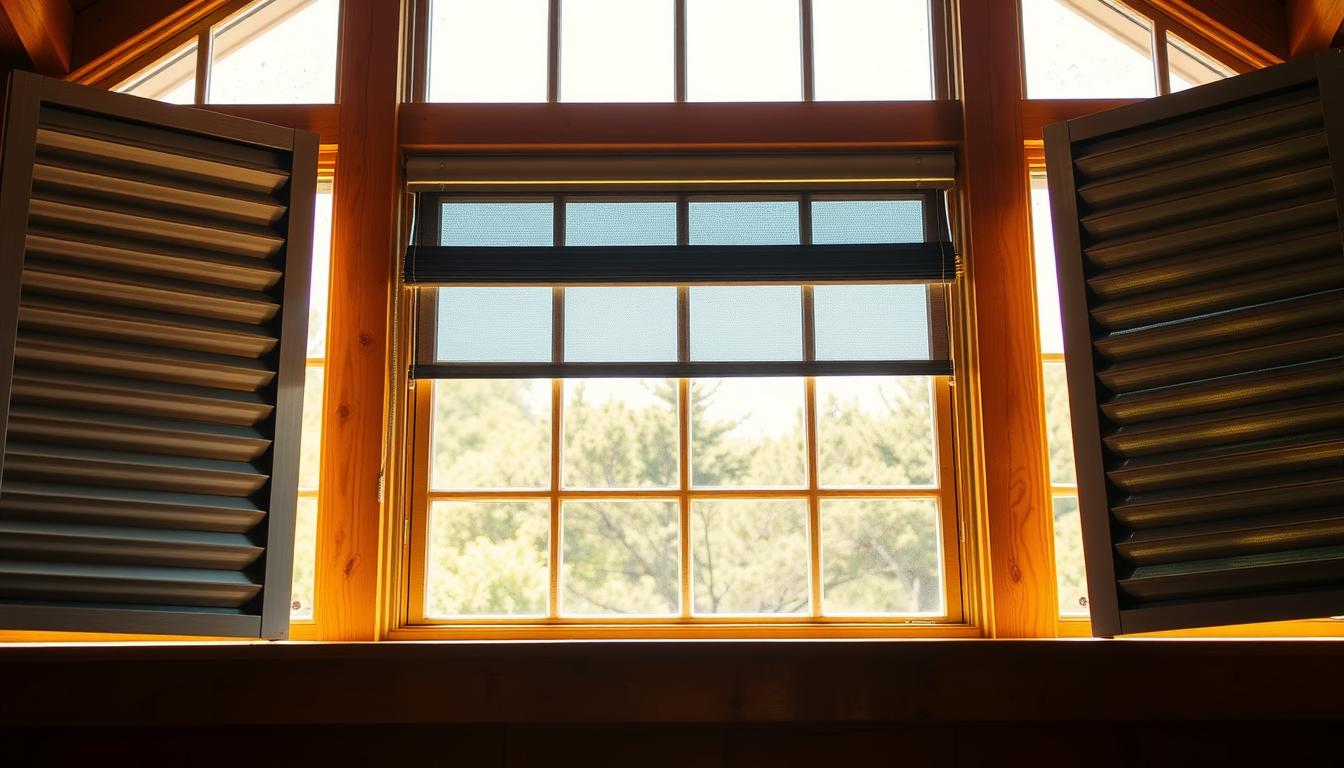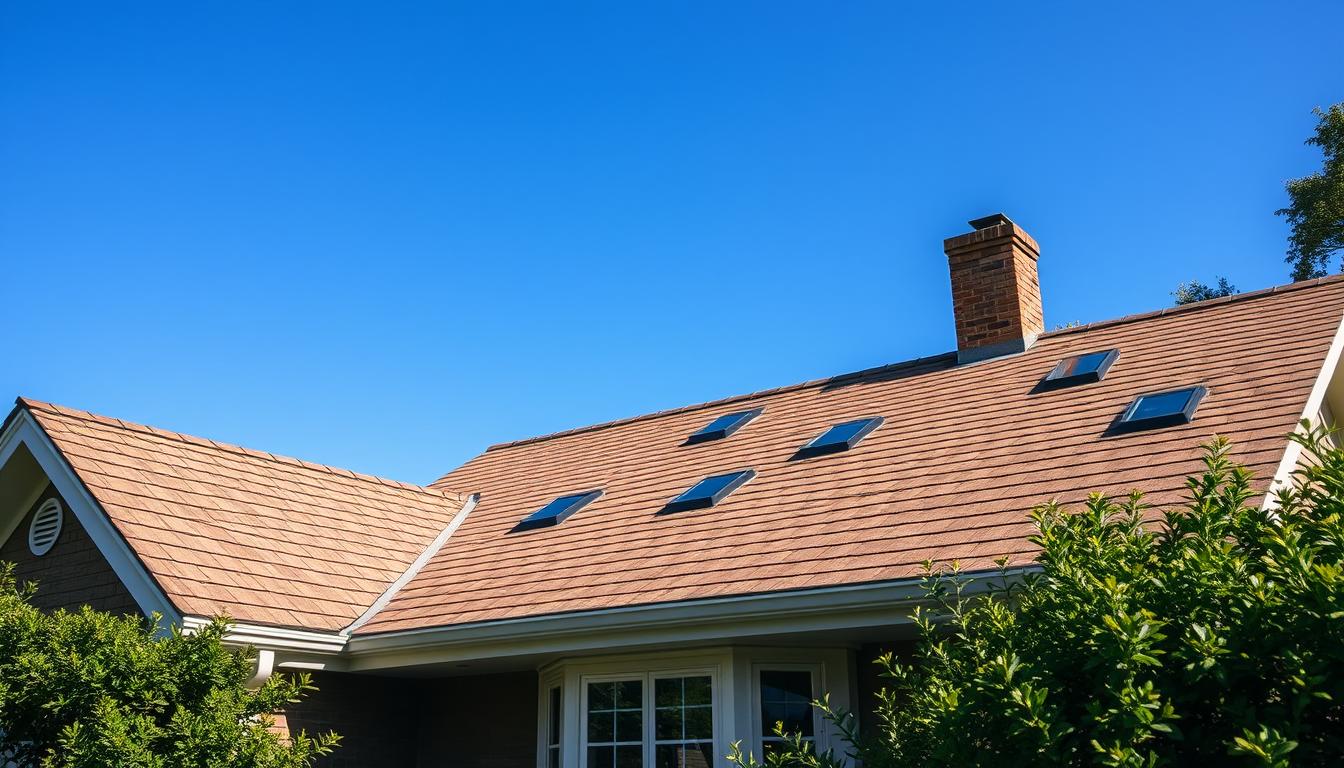Table of Contents
Understanding the Factors That Influence Home Renovation Costs
When planning a home renovation, it’s essential to understand the multitude of factors that affect the overall cost. Every project is unique, and the price can vary significantly based on scope, materials, labor, and location. Here, we break down the most important elements to give you a realistic estimate of what to expect.
1. Size of the Renovation Project
The overall size and scale of the project is one of the most significant determinants of cost. Larger spaces such as kitchens or living rooms typically require more materials and labor, thus increasing the total expense. Smaller areas like bathrooms, while requiring fewer materials, may involve specialized labor that can raise costs.
- Minor Renovation: Aesthetic changes like paint, flooring updates, and simple fixtures ($10,000 – $20,000)
- Mid-range Renovation: Structural changes, cabinetry, and moderate updates to materials ($20,000 – $50,000)
- Major Renovation: Complete room overhauls with premium finishes, custom work, and possibly layout changes ($50,000+)
2. Labor Costs
Labor usually accounts for 20% to 35% of the total renovation cost. Specialized tasks, like electrical work or plumbing, require skilled professionals whose rates are higher. Contractor fees and subcontractor coordination also add to the expense.
- General Contractor Fees: Typically 10% to 20% of the total project cost.
- Skilled Labor: Electricians and plumbers usually charge $50 to $150 per hour, depending on location and experience.
- Unskilled Labor: Workers providing assistance with non-specialized tasks typically charge between $15 and $45 per hour.
3. Materials and Finishes
The cost of materials is another key variable. There are options for nearly every budget, from budget-friendly to premium. Choosing high-end finishes for kitchens and bathrooms, such as granite countertops or hardwood floors, will substantially increase costs.
- Flooring: Laminate ($3 to $8 per sq. ft.), Hardwood ($12 to $20 per sq. ft.)
- Countertops: Laminate ($20 to $50 per sq. ft.), Granite ($50 to $200 per sq. ft.), Marble ($75 to $250 per sq. ft.)
- Cabinets: Stock ($100 to $300 per linear foot), Custom ($500 to $1,500 per linear foot)
4. Geographical Location
The cost of renovations varies based on where you live. Urban areas with higher costs of living generally have higher renovation costs compared to rural locations. In areas like California or New York, expect prices to be at the higher end of the spectrum.
- High-Cost Areas (California, New York, etc.): 15% to 30% higher than the national average.
- Lower-Cost Areas (Midwest, South): Typically more affordable, often below the national average.
5. Permits and Inspections
Renovation projects often require permits, especially if structural work, electrical updates, or plumbing modifications are involved. Failing to obtain the proper permits can result in fines or even needing to undo completed work.
- Permit Fees: Vary by location, ranging from $500 to $2,500 or more.
- Inspections: After certain phases of the renovation, professional inspections may be required to ensure the work meets local building codes.
6. Unforeseen Costs
Home renovations can be unpredictable. During demolition, hidden issues such as mold, faulty wiring, or structural damage may be uncovered. It’s wise to set aside an additional 10% to 20% of your budget for these unexpected expenses.
7. DIY vs. Hiring Professionals
DIY projects can save on labor costs, but not all renovation tasks are suited for homeowners. Complex projects involving plumbing, electrical systems, or structural changes should always be handled by licensed professionals.
- DIY Savings: Up to 50% on some projects.
- Hiring Professionals: Necessary for specialized tasks and ensuring the project meets local regulations and safety standards.
Room-by-Room Breakdown of Renovation Costs
Kitchen Renovation Costs
The kitchen is one of the most expensive rooms to renovate due to the complexity of the systems involved. Renovating a kitchen involves electrical, plumbing, cabinetry, countertops, and often flooring.
- Minor Remodel: $10,000 to $25,000
- Mid-Range Remodel: $25,000 to $60,000
- Major Remodel: $60,000+
Bathroom Renovation Costs
Bathrooms also come with significant renovation costs due to plumbing and the need for moisture-resistant materials. However, the smaller space can keep costs down compared to larger rooms like kitchens.
- Minor Remodel: $5,000 to $15,000
- Mid-Range Remodel: $15,000 to $30,000
- Major Remodel: $30,000+
Living Room and Bedroom Renovation Costs
Living rooms and bedrooms tend to be less expensive to renovate, often focusing on flooring, paint, and lighting updates.
- Minor Remodel: $2,000 to $5,000
- Mid-Range Remodel: $5,000 to $15,000
- Major Remodel: $15,000+
How to Budget for Your Home Renovation
Budgeting for a home renovation requires a detailed plan to avoid running out of funds mid-project. Here are steps to help ensure your renovation stays on track.
1. Define Your Priorities
Identify which aspects of the renovation are most important to you and allocate the bulk of your budget there. For example, if the kitchen is the heart of your home, you may want to prioritize premium materials and appliances in that space.
2. Get Multiple Quotes
Obtain at least three quotes from different contractors to ensure you’re getting a fair price. Review each quote carefully to ensure all labor, materials, and permits are accounted for.
3. Set Aside a Contingency Fund
Unexpected expenses are almost inevitable, so it’s essential to set aside 10% to 20% of your total budget for surprises.
4. Track Expenses
Keep track of all expenses as they occur to avoid going over budget. Use budgeting software or a simple spreadsheet to maintain oversight of your costs.
Conclusion
Estimating the cost of your home renovation involves several key factors, including the size of the project, labor, materials, and geographical location. By understanding these elements and budgeting carefully, you can make informed decisions and ensure your renovation runs smoothly.
Frequently Asked Questions (FAQ)
1. What are the main factors that influence home renovation costs?
The primary factors include the size of the renovation project, labor costs, materials and finishes, geographical location, permit fees, and any unforeseen expenses that may arise during the renovation process.
2. How much does it cost to renovate a kitchen?
A kitchen renovation can vary widely based on the scope and materials. A minor kitchen remodel typically costs between $10,000 and $25,000, a mid-range remodel can range from $25,000 to $60,000, and a major kitchen overhaul may exceed $60,000.
3. What should I expect to pay for a bathroom renovation?
For bathroom renovations, costs usually range from $5,000 to $15,000 for minor updates, $15,000 to $30,000 for mid-range projects, and over $30,000 for major remodels with premium fixtures and materials.
4. How can I save money on my home renovation?
To save money, consider doing minor tasks yourself, opting for budget-friendly materials, and obtaining multiple contractor quotes. However, complex tasks like plumbing, electrical work, and structural changes should always be handled by licensed professionals.
5. Why do renovation costs vary by location?
Costs differ by location due to variations in labor rates, material availability, and permit fees. Urban areas with a higher cost of living, such as California or New York, generally have higher renovation costs compared to rural or lower-cost regions.
6. How do labor costs affect the overall budget?
Labor costs typically account for 20% to 35% of the total renovation budget. Skilled labor, such as electricians or plumbers, often charge higher hourly rates, while general contractors usually charge 10% to 20% of the project’s total cost.
7. What are unforeseen renovation costs, and how can I prepare for them?
Unforeseen costs arise when hidden issues, like mold, faulty wiring, or structural problems, are discovered during the renovation. It’s recommended to set aside an additional 10% to 20% of your budget to cover these unexpected expenses.
8. Do I need permits for my renovation?
Yes, many renovation projects, particularly those involving structural changes, electrical systems, or plumbing, require permits. Permit fees can range from $500 to $2,500 or more, depending on your location and the nature of the project.
9. What should I prioritize in my renovation budget?
Prioritize the aspects of the renovation that are most important to you. For example, if you spend a lot of time in the kitchen, you may want to allocate more of your budget toward premium countertops, cabinetry, and appliances.
10. How can I ensure my renovation stays within budget?
To stay within budget, create a detailed plan, obtain multiple quotes from contractors, track all expenses closely, and set aside a contingency fund for unexpected costs. Regularly review your budget throughout the project to avoid overspending.

